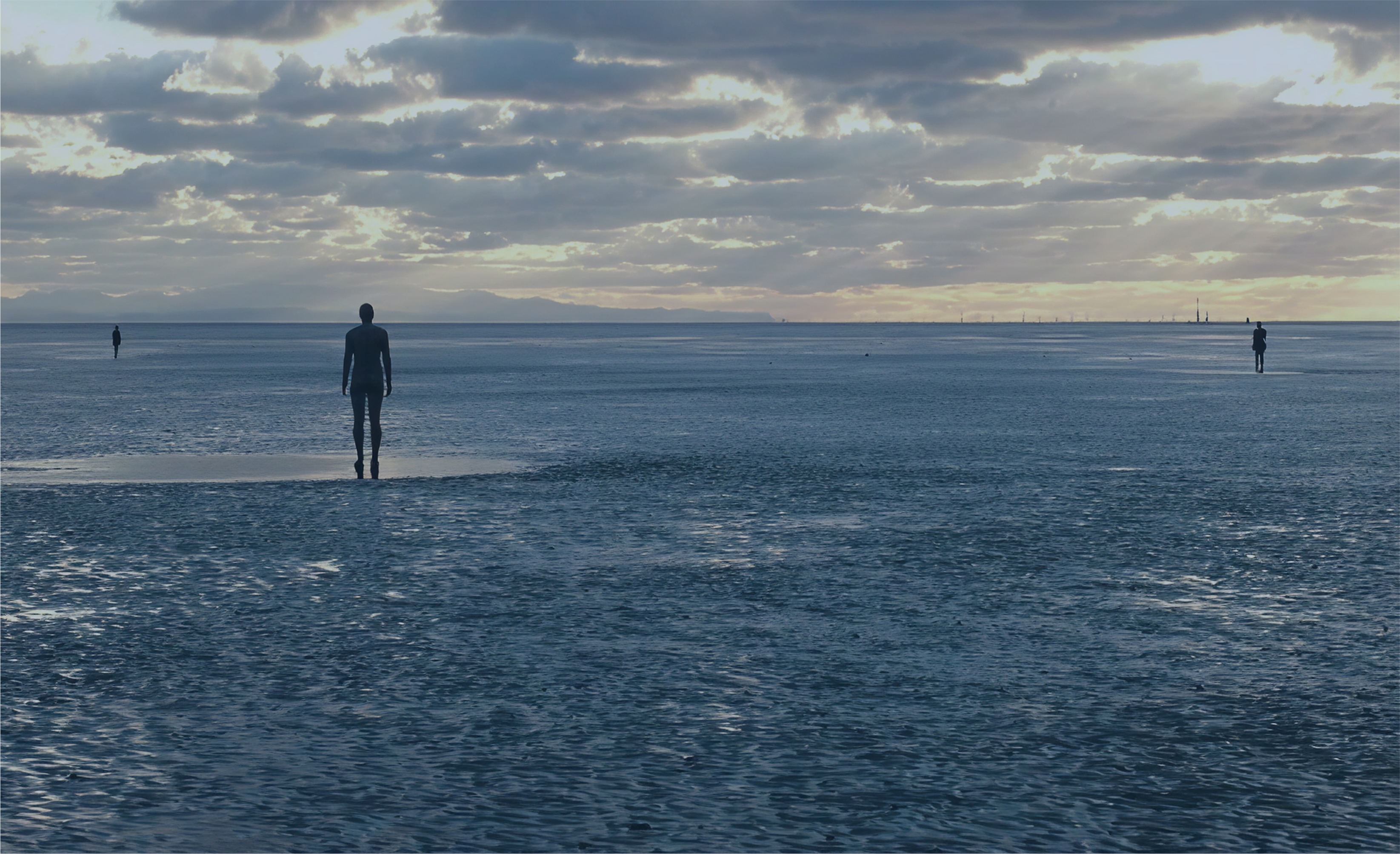
felled 1879
My aspens dear, whose airy cages quelled,
Quelled or quenched in leaves the leaping sun,
All felled, felled, are all felled;
Of a fresh and following folded rank
Not spared, not one
That dandled a sandalled
Shadow that swam or sank
On meadow & river & wind-wandering weed-winding bank.
O if we but knew what we do
When we delve or hew —
Hack and rack the growing green!
Since country is so tender
To touch, her being só slender,
That, like this sleek and seeing ball
But a prick will make no eye at all,
Where we, even where we mean
To mend her we end her,
When we hew or delve:
After-comers cannot guess the beauty been.
Ten or twelve, only ten or twelve
Strokes of havoc unselve
The sweet especial scene,
Rural scene, a rural scene,
Sweet especial rural scene.
Theme
This month we’re thinking about shades and shadows. This is a broad theme and could mean a lot of different things to a different people, but, within the context of the poem above, we take shades to mean ambiguity: that is, the shades that exist between one thing and another, or even one person and another, and the space of indeterminacy that leaders must often navigate. There are shades to everything, and by dwelling there every now and again, away from the bright spotlight, we might find some refreshing relief.
Who?
This week’s offering comes from Gerald Manley Hopkins (1844 – 1889). Hopkins spent much of his life attempting to marry his double nature as poet and priest. Though his work only became well-known after his death (in 1889), Hopkins is now considered a giant of Victorian poetry, having an unusual ability to coin new words (see, in the poem above, ‘unselve’—you won’t find it in a dictionary) and inventing something called ‘sprung rhythm’, a writing style guides the reader’s voice by noting moments of emphasis (see the little line in ‘só slender’ and you get the idea). He often wrote about nature and loved alliteration, using it to create a highly musical kind of poetry.
What?
We feel the axe cutting through the natural beauty in Hopkins’s use of rhyme and repetition: ‘My aspens dear, whose airy cages quelled, | Quelled or quenched in leaves the leaping sun, | All felled, felled, are all felled’. The sounds are at once ‘airy’ and densely packed, even difficult to articulate, as the poem is both carried forth relentlessly by the rich layers of rhyme and held back as we get our tongue tied, repeating with a sad finality: ‘All felled, felled, are all felled.’ In the end, the poet laments both what he has lost and what others will never know: ‘After-comers cannot guess the beauty been.’ The light of human progress is all well and good, but we must also learn to cherish those stolen places that offer shade from the sun’s heat and glare.
What Else?
This particular poem is an elegy (for more on elegy, see here). Most elegies are written to grieve, commemorate, and celebrate the life of a person we knew, but this one is for trees. In particular, some beautiful poplars that once dotted a hill in England and which, as read in the sub-heading, were ‘felled 1879’. Hopkins cared very much about the natural world, and would often use his poems to impart lessons about conservation. Here he laments the loss of shade those poplars once provided, they ‘That dandled a sandalled | Shadow that swam or sank |On meadow’.
It is therefore an environmental poem concerned with the preservation of natural beauty, as well as a poem that resists our human tendency to value progress above all else – for Hopkins, preservation is a kind of innovation.








.png)
























.png)























































.jpg)















.png)